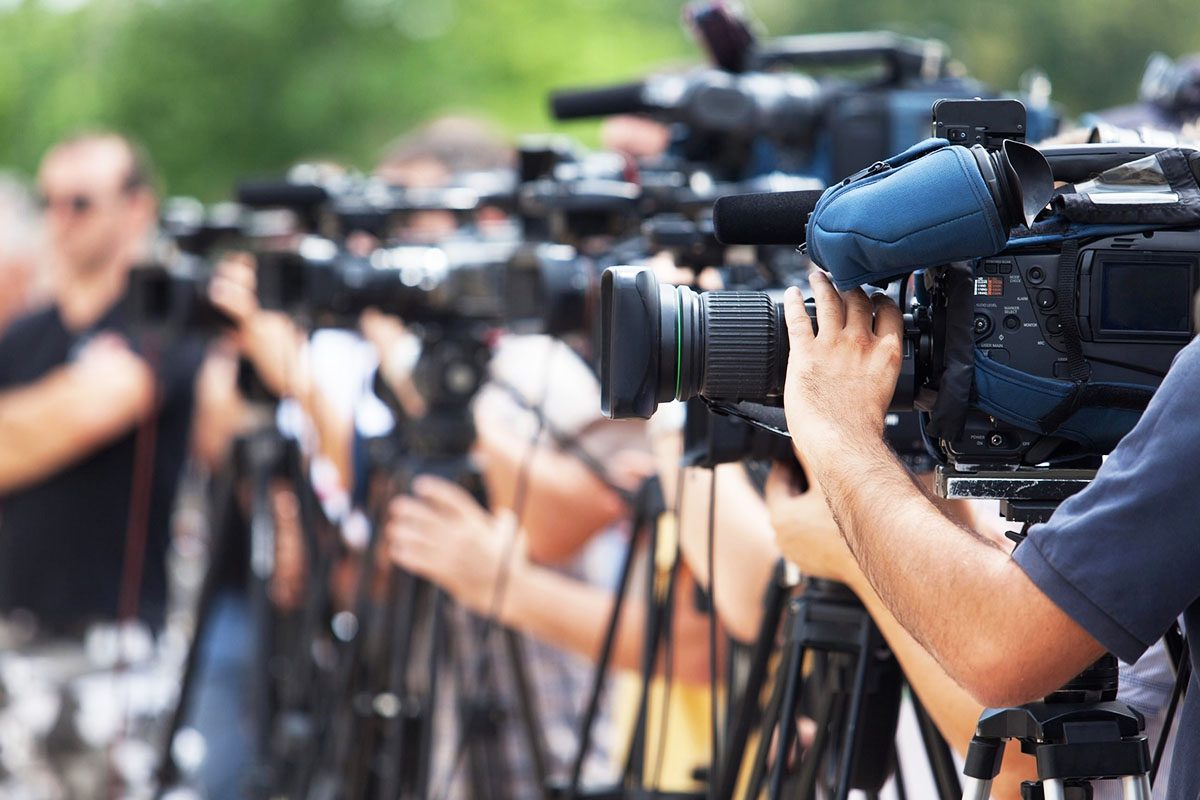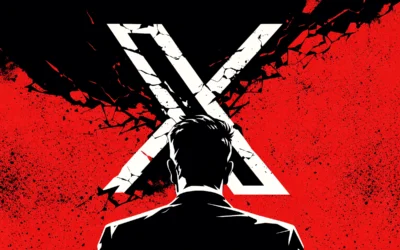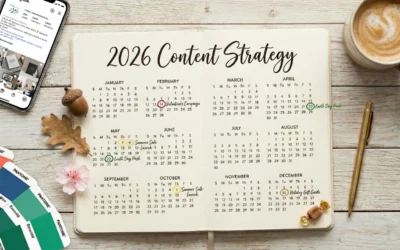As any singing teacher worth their salt will tell you, everyone can sing. Even someone who thinks they are congenitally pre-disposed to being a ‘non-singer’ can be trained to produce a song of passable quality. The same applies to being a good media performer.
Just as there are tricks and tips you can learn to improve your singing voice, there are ways and means to improve how you come across in a media interview that can be learned by anyone.
It’s true that there are people who are simply naturals – put them in front of a camera and they shine, seemingly without even trying. But for most of us, good media interview performance is a skill we have to work at and keep working at in order to improve.
Relevant Insights
Where do I start?
A good first step is to undergo some formal media training under the guidance of communications professionals who have a broad experience of media relations and who can teach you how to get the most from media interview opportunities.
An effective media skills training course will provide a good grounding in the strategies and behaviours that will enable an interview candidate to make the most of any interaction with media. The more tailored the programme to the individual requirements of the interview candidate, the better the overall result.
There’s no one-size-fits-all approach
With media skills training, there should never be ‘a one size fits all’ approach. The team delivering the course must get under the skin of the client’s business and the likely topics and questions that they will face in an interview situation. In this way, no two media skills training courses will be the same.

Aside from learning the basic principles of how to maximise any media interview situation, the really valuable activity for the ‘student’ is the practical element of rehearsing mock interview situations. These mock interviews need to replicate as far as possible the actual circumstances of a real interview situation. They will also be recorded – both video and audio – and carefully reviewed to provide the opportunity for in-depth ‘learning by doing’.
Becoming the best we can be as a media interview performer is a continuous process. We can all learn the basic strategies but we still need to improve by doing and learning from others. That is why a good media training programme will include multiple examples of good (and bad) practice. The opportunity to review and critique real examples from a range of different media is a key part of any training programme.
But aside from the classroom situation, students of media skills training should always be on the lookout for examples of good media interview technique. These are to be found all around us, online, on TV, radio and in print media. We should seek to learn from these free examples of how to improve this key business skill. And don’t just admire how these masters of the art do it but look deeper and make a conscious effort to adopt successful strategies and practices for your own next media interview situation.
I don’t know about becoming a good singer, but I do know that we can all crack the code of good media interview performance by learning, practising, and working with an established agency.
Cullen Communications provides tailored Media Interview Skills training courses for individuals or groups.

About the author
Pearse O’Loughlin, Client Director with Cullen Communications, has more than 20 years of experience across all areas of communication and works principally with clients in the corporate and consumer sectors. One of the most experienced automotive PR professionals in Ireland, Pearse specialises in media relations, event management, internal communications and strategic consultancy.





